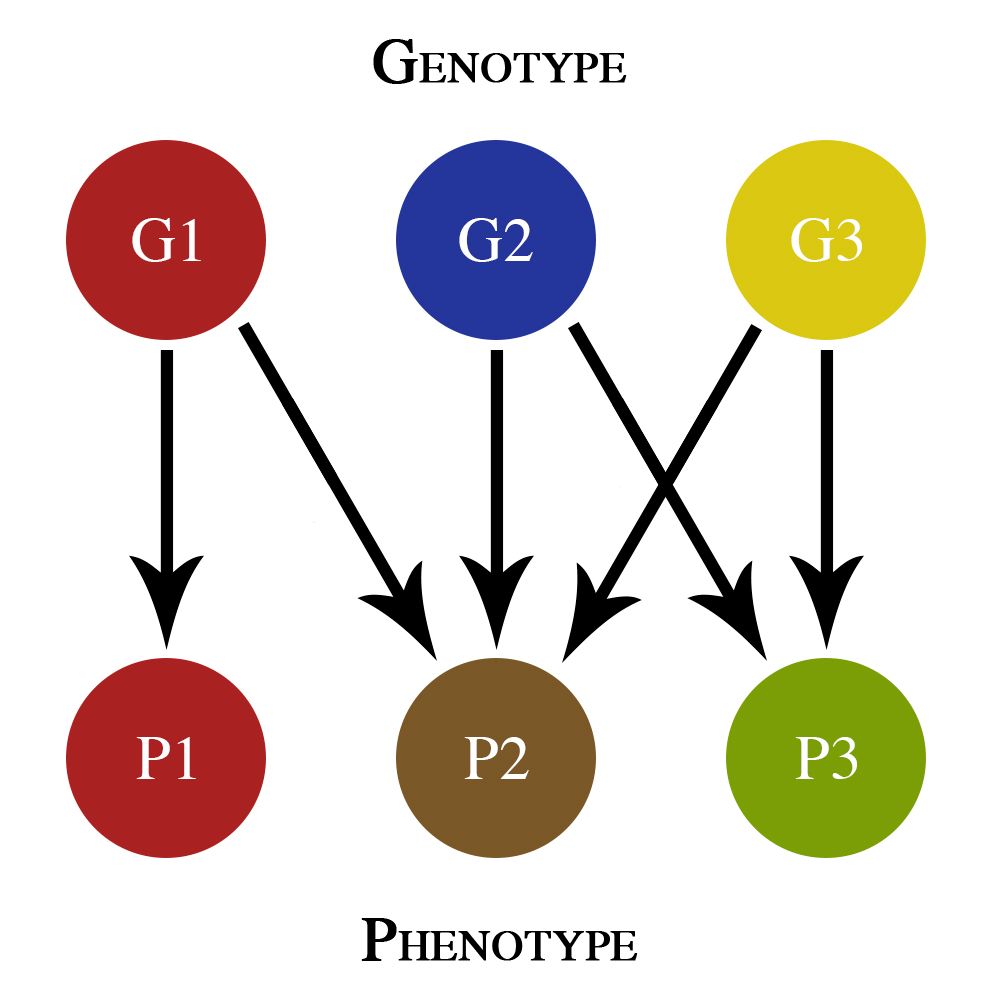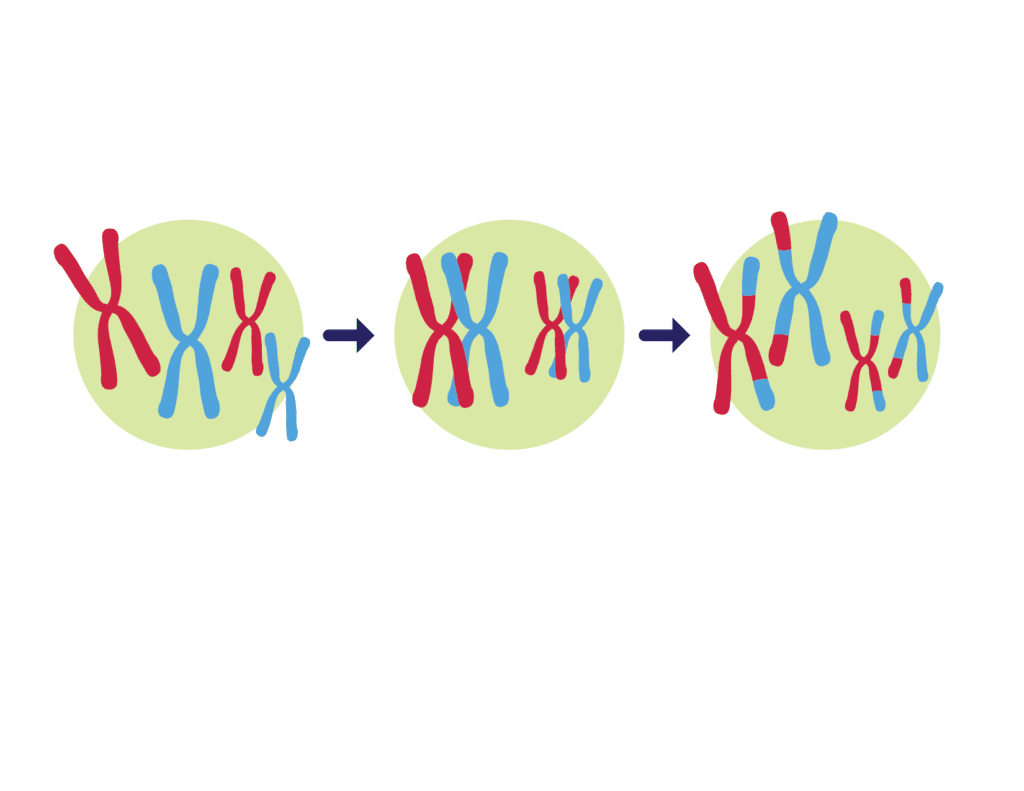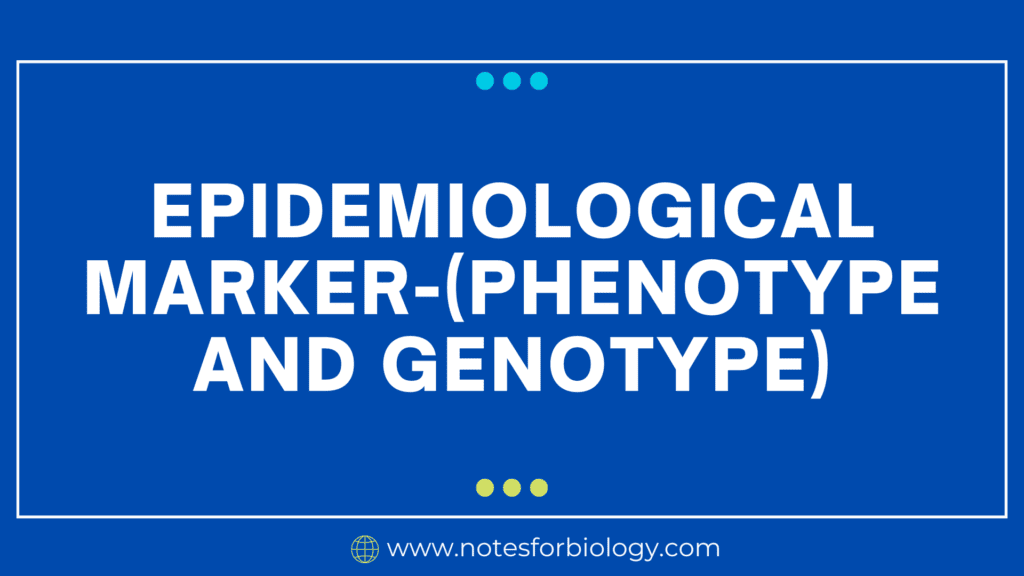Imagine a detective investigating a crime scene. They collect clues, analyze evidence, and piece together the story of what happened. In the realm of epidemiology, we play a similar role, investigating the distribution and determinants of diseases in populations. However, our “crime scene” is the human body, and our clues are the unique characteristics and traits individuals possess – their phenotypes and genotypes.

Table of Contents
Phenotype: The Visible Face of Our Genes
Think of a phenotype as the outward expression of an individual’s genetic makeup. It’s what we can see and measure, like eye color, height, or even the presence of a disease. These traits can be influenced by both genetics and environment, making them valuable tools in understanding health patterns.
Examples of Phenotypic Markers
Blood pressure: A key indicator for cardiovascular health, measured in mmHg.
Body Mass Index (BMI): A measure of body fat based on height and weight, linked to obesity and related diseases.
Presence of certain infections: Like HIV or tuberculosis, detectable through laboratory tests.
Lifestyle factors: Smoking, alcohol consumption, physical activity, and diet can influence disease risk.
Genotype: The Hidden Blueprint
The genotype, on the other hand, represents the underlying genetic code – the blueprint of our being. It’s the sequence of DNA that determines our predisposition to certain diseases, our response to medications, and even our susceptibility to environmental factors.
Examples of Genotypic Markers
Gene variations: Specific changes in the DNA sequence that can increase or decrease the risk of developing diseases like diabetes or certain types of cancer.

Mutations: Errors in the DNA sequence that can lead to inherited disorders.

Genetic ancestry: Understanding a person’s ancestral origins can provide insights into their susceptibility to specific diseases common in their lineage.
The Power of Phenotype and Genotype Together
By analyzing both phenotype and genotype, epidemiologists can gain a deeper understanding of disease patterns:
Identifying Risk Factors
By observing phenotypes like high blood pressure, obesity, and smoking habits, epidemiologists can identify individuals at higher risk of cardiovascular disease.
Combining this with genotypic information, such as specific gene variations linked to heart disease, can further refine risk assessments and tailor interventions.
Understanding Disease Mechanisms
Studying the genotype of individuals with specific diseases can reveal the genetic basis of their condition, leading to new diagnostic tools and potential therapeutic targets.
Combining genotypic and phenotypic data allows researchers to investigate the interplay between genes and environment in disease development.
Predicting Disease Outcomes
By analyzing the genotype and phenotype of individuals, researchers can predict the likelihood of disease progression or response to treatment, allowing for personalized medicine approaches.
This can help tailor prevention strategies and optimize healthcare resources.
The Future of Epidemiological Markers
With advancements in genetic sequencing and bioinformatics, the field of epidemiological markers is rapidly evolving.
We are witnessing the rise of precision medicine, where treatment is tailored to an individual’s unique genetic makeup, increasing the effectiveness and reducing side effects.
Population-based genomics is enabling researchers to understand the genetic diversity of different populations, leading to more targeted prevention strategies and interventions.
Big data analysis of both phenotypic and genotypic data is uncovering complex relationships between genes, environment, and disease, opening up new avenues for public health research and intervention.
In Conclusion
Epidemiological markers, both phenotypic and genotypic, are powerful tools in our quest to understand and conquer disease. By exploring the intricate interplay between our genes and our environment, we can unlock the secrets within and pave the way for a healthier future.
Frequently Asked Questions(FAQ)
Define Epidemiological marker?
An Epidemiological marker is a measurable characteristic or indicator that reflects the presence, absence, or magnitude of a specific health outcome or health risk factor in a population. It acts as a proxy, helping researchers and public health professionals understand the distribution and trends of health issues within a community.
List the Key characteristics of an epidemiological marker?
The Key characteristics of an epidemiological marker are
Measurable
Reliable
Valid
Specific
Practical
Related Articles

